- Vance says Trump still prefers diplomatic solution with Iran Reuters
- US presses missile issue as new Iran talks to open in Geneva Dawn
- US and Iran hold nuclear talks after Marco Rubio warning Financial Times
- US will ensure that Iran does not…
Category: 2. World
-
Vance says Trump still prefers diplomatic solution with Iran – Reuters
-
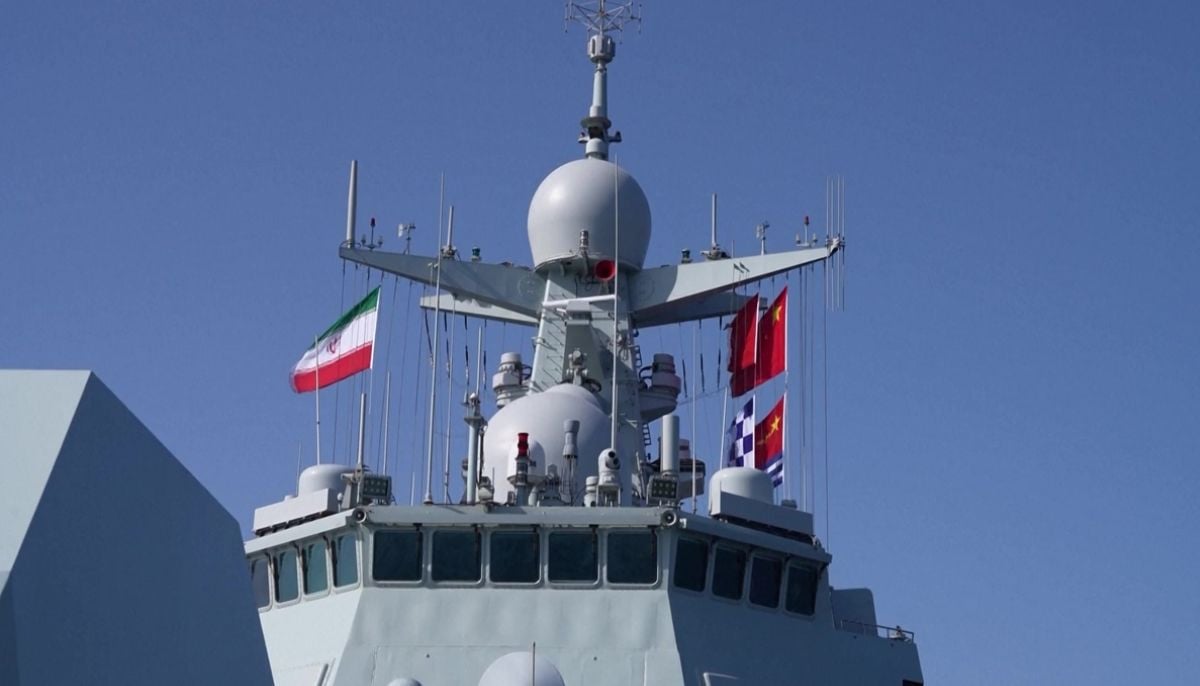
Iran ‘set to buy’ Chinese carrier-killer missiles as US forces gather in region
Iran is close to purchasing a powerful supersonic…
Continue Reading
-
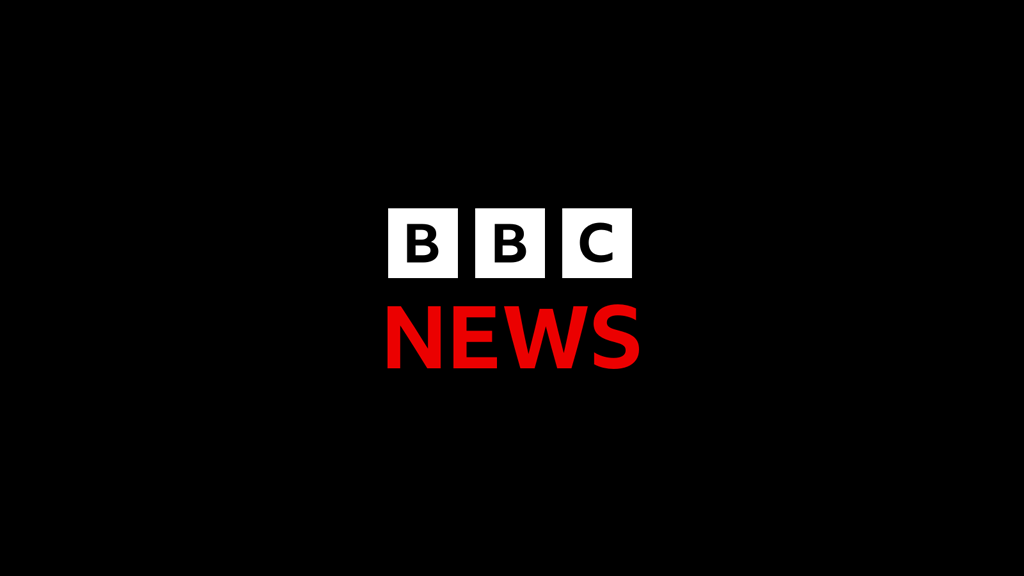
Verified video shows student protests in Iran spreading to more universities
Verified footage shows more universities joining anti-government protestspublished at 10:55 GMT
Sarah Jalali, Ghoncheh Habibiazad and Shayan Sardarizadeh
BBC Monitoring, BBC Persian and BBC VerifyVerified video shows student-led…
Continue Reading
-
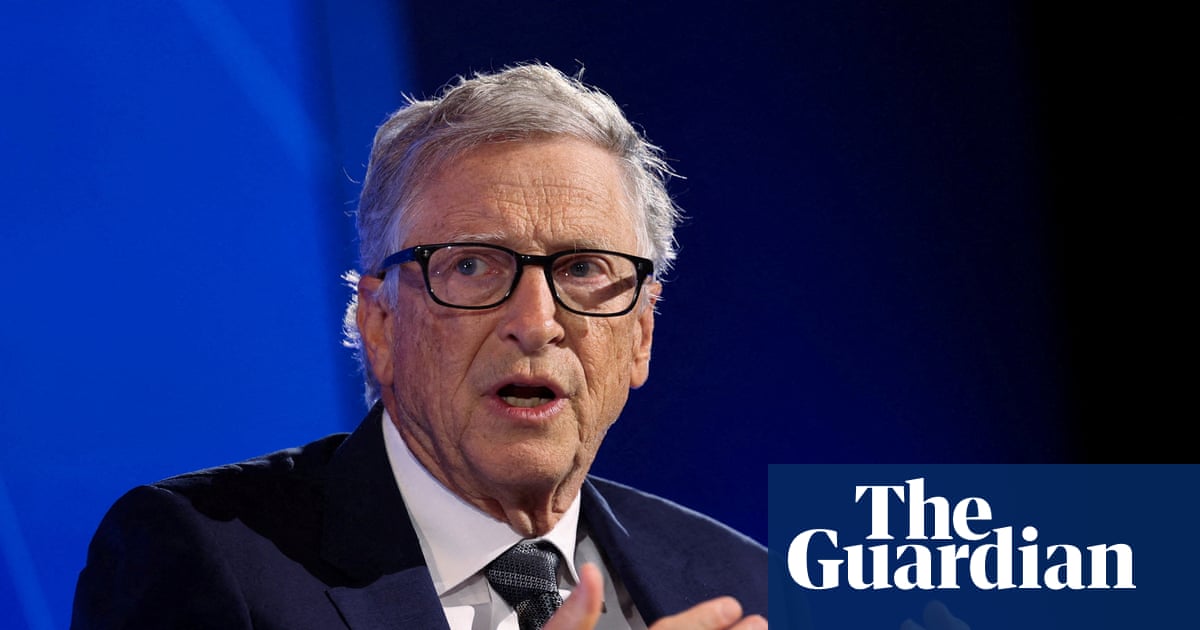
Bill Gates apologizes to foundation staff for Jeffrey Epstein ties | Bill Gates
Bill Gates apologized to staff of his foundation for his ties to Jeffrey Epstein and admitted to two affairs but stated he did not participate in the convicted sex offender’s crimes, according to a Wall Street Journal report.
At a town hall on…
Continue Reading
-
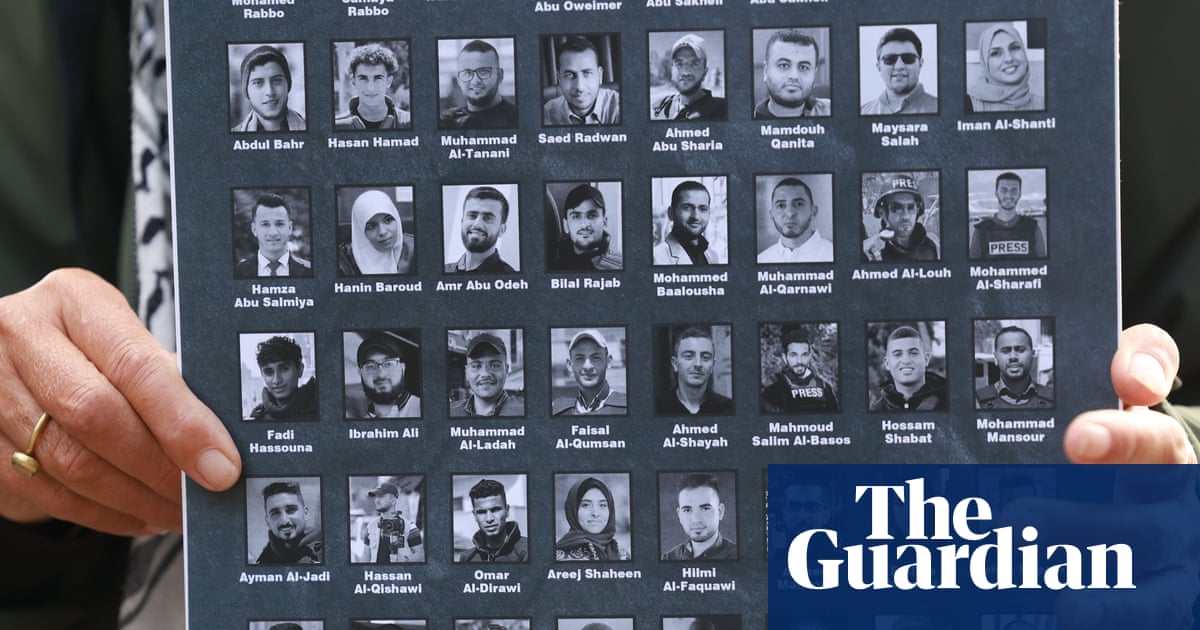
Israel responsible for two-thirds of record 129 press killings in 2025, says CPJ | Journalist safety
A record 129 journalists and media workers were killed in the course of their work in 2025, and two-thirds of them were killed by Israel, the Committee to Protect Journalists has said.
It was the second straight year that killings set a record and…
Continue Reading
-
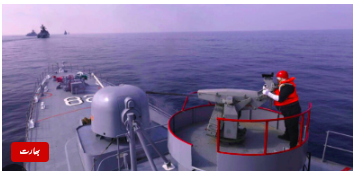
Indian naval expansion raises security concerns in South Asia and Indian Ocean region > Kashmir Media Service
Islamabad: The expansion of the Indian Navy’s Eastern Fleet and the induction of advanced military assets have reignited debate over the strategic balance in South Asia and the wider Indian Ocean region.
According to Kashmir Media…
Continue Reading
-
US expands sanctions on Iran over oil sales, weapons programs – Reuters
- US expands sanctions on Iran over oil sales, weapons programs Reuters
- US issues new Iran sanctions on eve of nuclear talks in Geneva Al Jazeera
- New Zealand imposes travel bans on high-ranking Iranian officials over alleged rights violations TRT…
Continue Reading
-
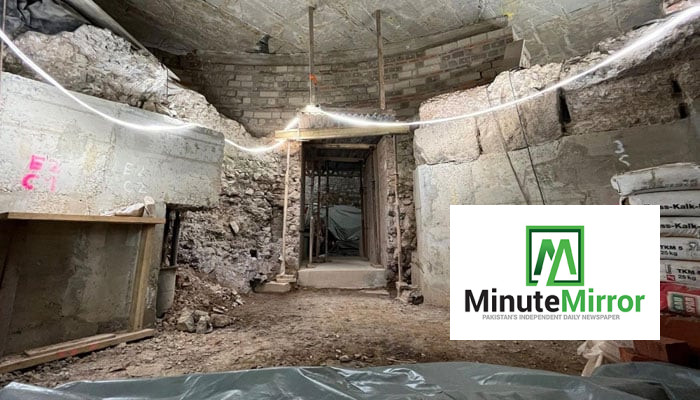
2,000-year-old Roman site unearthed during construction in Germany
Summary
- Workers in Germany have discovered an important Roman site dating back approximately 2,000 years during construction work.
- Experts believe the staircase once led from the Praetorium (the official residence of the local Roman governor)…
Continue Reading
-
Curtain Raiser :Deputy Prime Minister/Foreign Minister to Attend the Open-Ended Extraordinary Ministerial Session of the OIC Executive Committee
Deputy Prime Minister/Foreign Minister Senator Mohammad Ishaq Dar will visit the Kingdom of Saudi Arabia from 26–28 February 2026 to participate in the Open-Ended Extraordinary Ministerial Session of the OIC…
Continue Reading
-
Statement by Senator Mohammad Ishaq Dar, DPM/FM at the Pakistan Governance Forum 2026 “Navigating International Relations Amidst Changing Geo-Politics”
Ch. Ahsan Iqbal Sb, Federal Minister for Planning, Development & Special Initiatives Federal Ministers & Colleagues
Members of the Parliament,Excellencies,
Members of the Diplomatic Corps,
Experts, Panelists…
Continue Reading